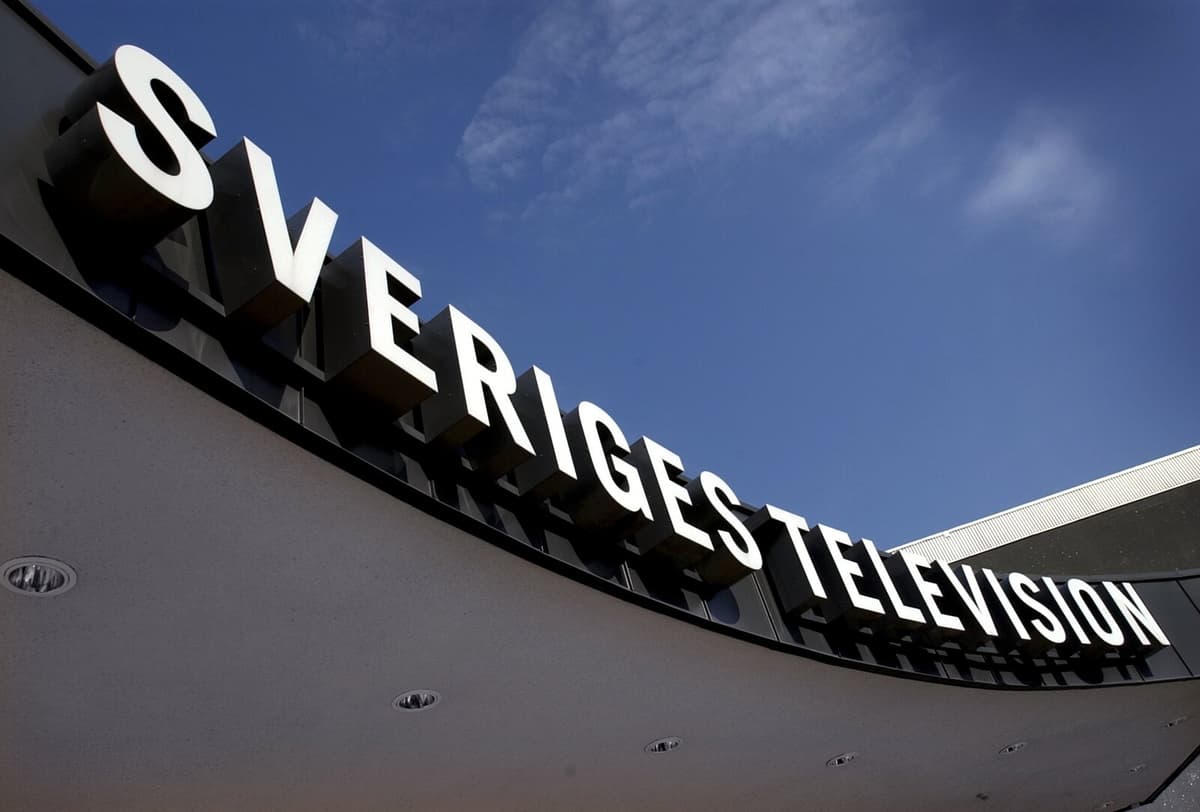SVT's CEO Hanna Stjärne describes the proposal as an "economic slide" that does not take into account the necessary cost increases that SVT believes the assignment entails.
"The public service inquiry's report is contradictory. It simply doesn't add up. The committee notes that public service is more important than ever. At the same time, an economic slide is proposed that will affect the range of services, especially since SVT is given an expanded emergency preparedness assignment," says Stjärne in a press release.
Points to disagreement
In the consultation response, SVT agrees with several of the assessments and proposals in the public service committee's report, including the eight-year assignment period and a law for public service that gathers central aspects of Swedish public service in one place, as well as technology-neutral conditions.
Beyond the financing itself, SVT highlights two additional aspects where it sees deficiencies in the committee's proposal. Firstly, that the committee is not unanimous, and on that point, SVT emphasizes that broad political agreements are important for the independence of public service companies and public trust.
Secondly, SVT stresses that there is a risk that some of the proposals in the inquiry may lead to increased control, and proposes, among other things, clarifications regarding the purpose of the committee's requests to the review board to conduct in-depth content reviews.
UR, which also submitted its response on Friday, shares SVT's concerns.
"Gradual dismantling"
Sveriges Radio has similar objections and believes that if the public service inquiry's proposals are implemented, it will result in a gradual dismantling of Sveriges Radio.
"There are therefore strong reasons to consider alternative financing of the broadcasting network. (...) It is not reasonable to gradually be forced to dismantle journalistic activities to cover the costs of a broadcasting network that will increasingly take on the character of an emergency network during the next license period," writes SR's CEO Cilla Benkö and chief of staff Gabriel Byström on Sveriges Radio's blog.
They also write: "From 2026, public service will have technology-neutral regulation. This is a welcome development, and large parts of the report are characterized by the changes this entails in several areas."






